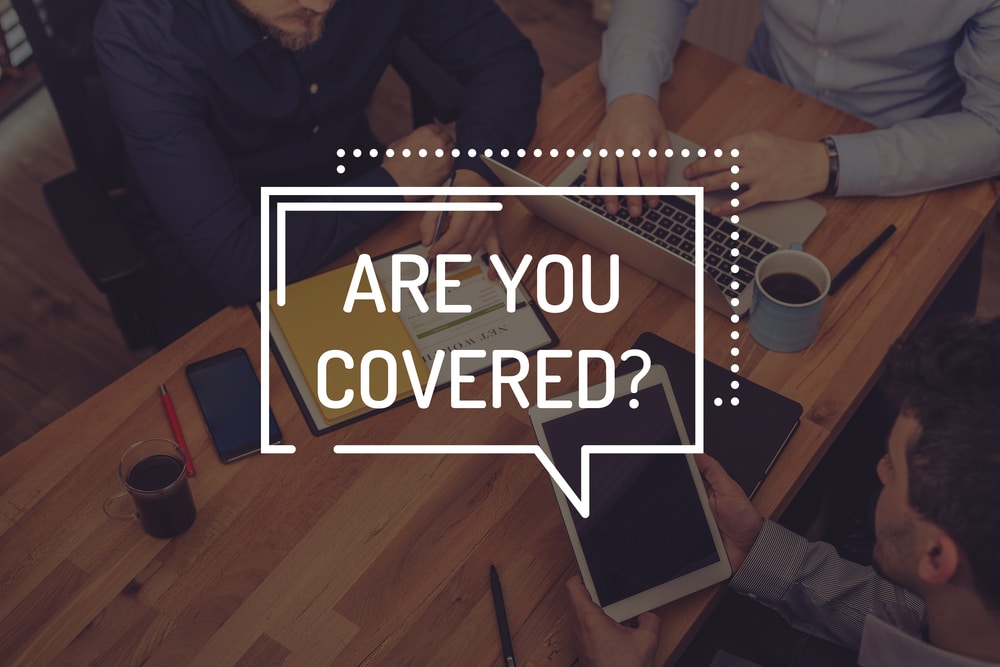Not known Factual Statements About What To Say To Drug Addict In Rehab
All electronic gadgets that can not link to a wireless web or cell signal to send or receive information are licensed. Please note that listening gadgets that amplify noise for external broadcast are not permitted at the center, i. e. speakers Click for more or docking systems. MP3 gamers and iPods are examples of authorized listening gadgets.
Please do not bring the following items to treatment. If you have concerns about why, please contact us and we will happily explain. Drugs Alcohol Aerosol Matches Cameras Weapons Televisions DVD Players Butane Lighters Unauthorized Medications If you are still not sure about what things to give drug rehabilitation, you can reach the Genuine Healing Center admissions department at 866-256-0051.
Having yourself or someone you enjoy looked into rehab must be a firm choice on your part. This can imply guiding away from your old life, so you can have a better and brand-new life ahead. Similarly, looking into rehab suggests having to give up some things you might not live without, which can impede you from recovering from your addiction.
Meanwhile, some rehabilitation centers may organize getaways for patients so they can purchase the important things they require, such as individual care items, snacks, and books to name a few. More often than not, most rehabilitation treatment facilities have stringent policies relating to things you can just bring and not bring when you sign in.
Some Known Incorrect Statements About How Much Does It Cost For Drug Rehab
You can also ask the facility if you are not exactly sure of an item to bring. Nevertheless, it is very important to pack light and bring just the basics. While every rehab center policy may differ, all of them will settle on the most crucial things you ought to bring inside. Among these essential products include: A directory containing all of the names and contact information of people who you wish to be included in your treatment (ex - how many drug addicts relapse after rehab.
Personal jewelry that you think about a need, such as a wedding event band or a nostalgic watch. Alarm clock with no radio (optional, some treatment centers have this also). All of your prescribed medication consisting of the dosage (considered that it has a medical professional's prescription and contained in its original bottle with its label understandable and undamaged.

Checkbook/credit or debit card for treatment medications. A type of identification such as passport, chauffeur's license, and so on. Insurance coverage cards as well. Calling card for long range calls if needed by the facility. A journal or note pad. Photos of your loved one you can keep in your room or wallet. Books associated with self-help, recovery or spiritually-related (although some centers already provide reading products for their clients).
On the other hand, some centers will note down all of the items you bring within to guarantee you will not leave a single item behind when you inspect out. Meanwhile, there's no requirement to fret if you have brought something along that is really prohibited inside the center. A lot of centers deal in a different way with such restricted items.

Some Known Incorrect Statements About What Does Rehab Do For Drug Addicts
On the other hand, some will hold them within the premises up until somebody is able to select them up or keep the items until you take a look at from the center. So, what products are typically permitted inside a rehabilitation center? It is necessary to bring some important documents, additional cash, good clothing, and individual care items you can utilize within.
It is likewise essential to know that many rehab inpatient facilities follow a certain dress code. If you're unsure what to wear in all types of weather, you can pack the "normal" such as plain T-shirts and sweatshirts. Make sure not to bring your whole closet to the facility due to minimal space inside your room.
Likewise, laundry days in many centers are primarily as soon as a week, so there's no factor to bring a lot of clothing when you sign in. Amongst allowable clothing products you can bring in accordance to most inpatient drug rehabilitation rules consist of the following: Comfortable shoes you can use every day Sports shoes you can use during exercises Turn flops for the shower Slippers Trousers Shorts (as long as the length is compliant with the rehab guidelines) T-shirts (Tank tops are acceptable, but you should use it with a coat or Substance Abuse Facility cardigan) Undergarments Socks Swimwear (no two-piece/bikini for women, trunks or board shorts for the gentlemen) Bathrobe Sleepwear, such as a set of pajamas Belt and hat (depending upon the facility rules) Outfits for unique occasions (ex.
However, the majority of them require such products to be alcohol-free or items that do not include alcohol as part of the active ingredients. Amongst personal care products accepted in most centers consist of: Tooth paste and tooth brush Hair care (ex (how to open a drug rehab home). shampoo, conditioner, pump hairspray only, comb or brush) Soap or shower gels/creams Antiperspirant Feminine health items Shaving cream Body cream and sun block Basic makeup (ex.
The Of What Is Christan Alcohol And Drug Rehab
Now that we have actually currently pointed out the must-have items inside a treatment facility, there are some products that are not permitted inside. This is to make sure total security and to provide a conducive environment for an effective healing. Such restricted products might differ to name a few centers. Nonetheless, amongst most typical limited items inside a treatment facility consist of: All kinds of drugs and alcohol Defense (ex.
fragrance, rubbing alcohol, mouthwash, aerosols, etc.) Prescribed and/or OTC medicines that are formerly opened or utilized Suggestive clothing (ex. clothes with plunging neck lines, crop tops, t-shirts with blasphemy or violence printed on it) Cleaning products which contain bleach or ammonia Gizmos, computer game, playing cards, DVDs, and so on (most centers have sports facilities and devices) Candle lights or incense Playing cards or games Sporting equipment The above-mentioned products are highly restricted as these can considerably affect your focus to recovery.
This is because many of these foods contain a questionable amount of sugar and caffeine. That is why the facility will provide much healthier foods. You can likewise alert the treatment center if you have a specific diet. On the other hand, some items might be permitted in certain centers. These include: Your own pillows, comforters and other products that can make your bed room feel like home MP3 players and cams (preferably not capable of Web connection) Electric or disposable razors Chewing gum and vitamins (as long as it is new and unopened) Nail clippers Cigarettes Camera Vitamins (should be new and unopened) Talk to the center to see if they are laptop or cellular phone friendly; you likewise wish to inspect what the policies are for cellphone use.
posting your "rehab updates" in your social networks accounts), along with to prevent possibly handling outside people who might try to smuggle illegal Go to the website compounds inside the center. As pointed out previously, having yourself or somebody you enjoy checked out rehab is among hardest, yet best decisions you can make.
The Basic Principles Of What Is Inpatient Drug Rehab Like
In addition to your firm choice to go into rehabilitation is your willingness to follow the center's guidelines and policies. You can constantly ask your selected treatment facility about concerns and clarifications regarding what to bring to rehab and products to avoid bringing. Medical disclaimer: Sunlight Behavioral Health aims to help people who are facing compound abuse, addiction, psychological health disorders, or a combination of these conditions.
